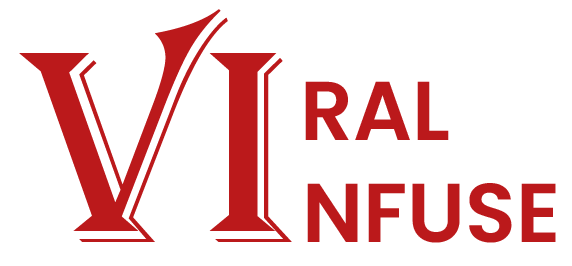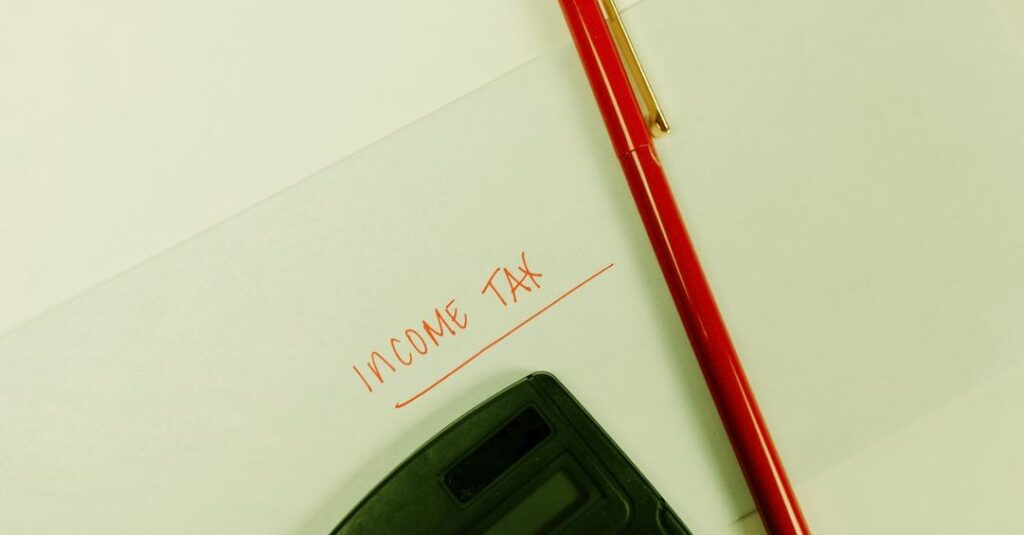In an ideal world, we would keep every single penny that we earn. But practically speaking, that isn’t possible. There are things such as Income Tax, National Insurance contributions, and workplace pensions, all of which cut into our gross income.
Whilst you can choose to opt-out of your workplace pension, your Income Tax and National Insurance contributions are non-negotiable; you cannot choose to pay Income Tax or pay National Insurance. That’s because they help pay for everyday services that we can sometimes take for granted.
Income Tax and National Insurance will make up the majority of the taxes you pay on your gross salary, but they aren’t the only deductions that you will see on your payslip. You may also have student loans that you’re paying back, which, although it isn’t a tax, will affect the income you see in your bank account.
That’s why this article will explore how much you will earn after tax, how much Income Tax and National Insurance you can expect to pay, and what to do if you think you’re paying too much in tax.
Also Read: Can You Negotiate With the IRS Without a Lawyer?
How much will I earn after tax?
How much you earn after tax will depend on various factors – what your salary is, your tax code, what rate taxpayer you are, how much your National Insurance contributions are, whether you are enrolled in a workplace pension scheme or not, as well as other factors.
Suppose you are an employee earning £40,000. As a basic rate taxpayer, your take-home pay for the year will be £30,790. From that initial £40,000, you will pay £5,486 in Income Tax and £3,724 in National Insurance. However, keep in mind that these numbers could look different if your tax code is not 1257L.
How much Income Tax will I pay?
The exact amount of tax you will pay will vary depending on your financial circumstances, such as how much you earn and what your tax code is, among other things. If you struggle with numbers, you can use an Income Tax calculator to give you an accurate sum of how much tax you will pay and how much you can expect to earn after tax for the current 2022/23 tax year.
But, people in England, Wales, and Northern Ireland will be taxed 0% up to their Personal Allowance, 20% on earnings up to £50,270, 40% on earnings up to £150,000, and 45% on earnings over £150,000.
| Tax Band | Income threshold | Rate |
| Personal Allowance | Up to £12,570 | 0% |
| Basic Rate | 12,571 to £50,270 | 20% |
| Higher Rate | £50,271 to £150,000 | 40% |
| Additional Rate | £150,001 or above | 45% |
Scotland
Every country in the UK can choose its Income Tax bands and rates. Whereas England, Wales, and Northern Ireland have theirs the same, Scotland has determined their own levels. Scotland has more tax bands, different income thresholds, and different tax rates, meaning Scottish residents can have different earnings compared to their UK counterparts.
Just like with taxpayers in the rest of the UK, the exact income will differ depending on your exact circumstances, and the Personal Allowance will be reduced by £1 for every £2 earned above £100,000. However, the Income Tax rates and bands are as follows:
| Tax Band | Income threshold | Rate |
| Personal Allowance | Up to £12,570 | 0% |
| Starter Rate | 12,571 to £14,732 | 19% |
| Scottish Basic Rate | £14,733 to £25,688 | 20% |
| Intermediate Rate | £25,689 to £43,662 | 21% |
| Higher Rate | £43,663 to £150,000 | 41% |
| Top Rate | £150,001 or above | 46% |
What is a Personal Allowance?
Every taxpayer in the UK has a Personal Allowance – the amount of money you’re able to earn before you have to start paying Income Tax. You will be taxed at 0% until that Personal Allowance threshold. Anything above that will be taxed at the applicable Income Tax rate.
For the current 2022/23 tax year, your tax-free Personal Allowance is set at £12,570. This means that earned income up until that number will be completely tax-free. However, in the event that you are a higher-rate taxpayer who earns above £100,000 per year, your Personal Allowance will reduce by £1 for every £2 earned. So if you’re someone who earns £125,140 or above, your Personal Allowance will be zero, meaning you will get taxed on every single penny you earn.
What is Income Tax used for?
Income Tax is a government tax that is collected by HM Revenue & Customs (HMRC). It is the primary source of revenue for the UK government and is used to fund numerous public services. These include the NHS, the welfare system, education, housing, roads, railways, etc.; essentially, if there’s a service that the public uses, there’s a good chance it’s paid for by using the funds generated by Income Tax.
How much National Insurance will I pay?
Just like Income Tax, National Insurance contributions will vary depending on your income. It will also vary depending on what your employment type is – employees will pay Class 1 National Insurance rates through PAYE, and self-employed people will usually pay both Class 2 and Class 4 National Insurance rates through their Self Assessment tax return.
Class 1 – Employees
| Income Threshold | Class 1 Rate |
| Up to £9,880* | 0% |
| £9,881* – £50,270 | 13.25% |
| £50,271 or above | 3.25% |
*The National Insurance contributions threshold will increase to £12,570 from July 2022
Class 2 and 4 – Self-employed
| Income Threshold | Class 2 and 4 Rates |
| Up to £6,724 | 0% |
| £6,725 – £9,880* | £3.15 per week (Class 2) |
| £9,881* – £50,270 | 10.25% + £3.15 per week |
| £50,271 or above | 3.25% + £3.15 per week |
*The National Insurance contributions threshold will increase to £12,570 from July 2022
What is National Insurance used for?
National Insurance is a tax on your earnings and profits. The money generated from National Insurance is paid into a fund that manages state benefits for UK residents such as your State Pension, maternity leave, jobseeker’s allowance, statutory sick pay, and more.
What if I’m paying too much tax?
If you find yourself in a situation where you think you’re paying too much tax, you have the possibility to claim a tax refund. The online service from the government provides a straightforward and easy step-by-step process to determine if you have overpaid and how to claim a tax rebate.
Summary
The total amount of income you earn after tax will vary depending on your annual salary and thus tax bracket and your tax code. Income Tax and National Insurance contributions will make up the bulk of your tax bill, however, there may be additional deductions from your salary, such as workplace pension contributions or student loan repayments.
Typically the government is spot on with how much they’re charging you, but in the event that they are wrong, you can claim a tax refund to have the extra amount paid back to you.



